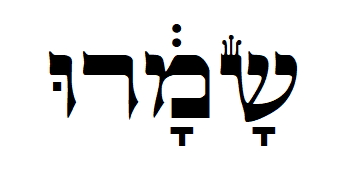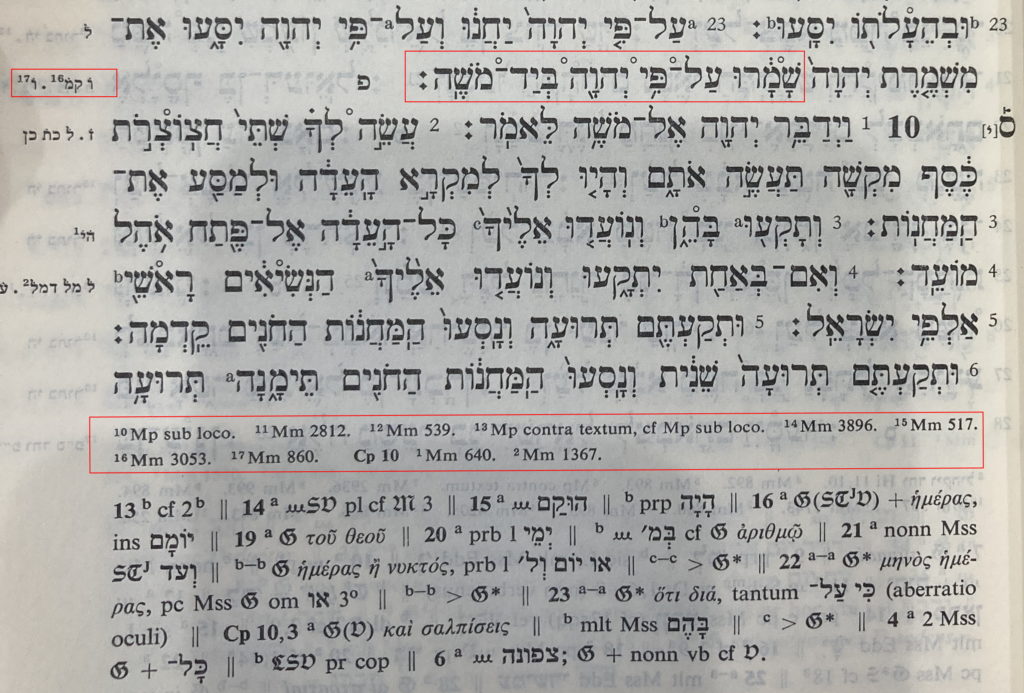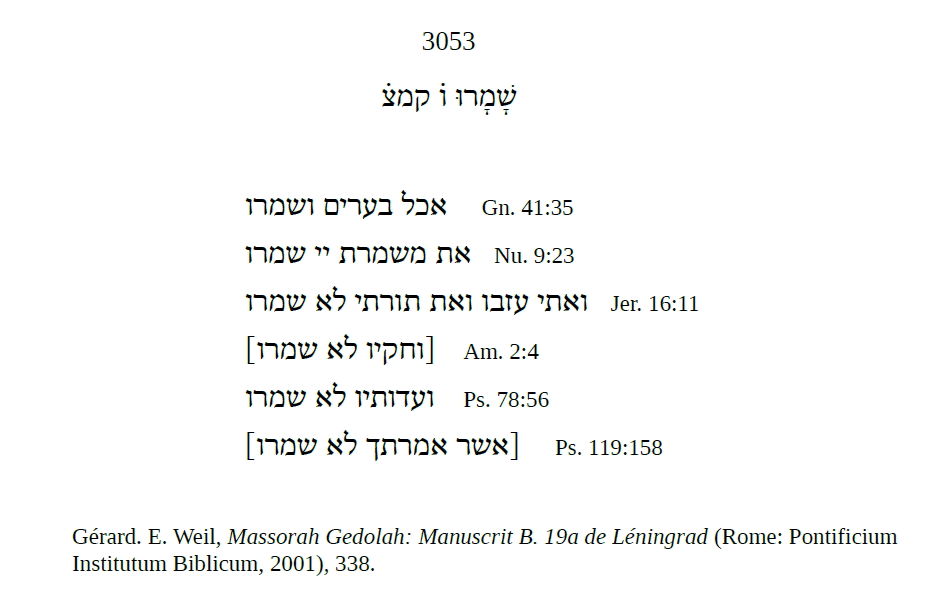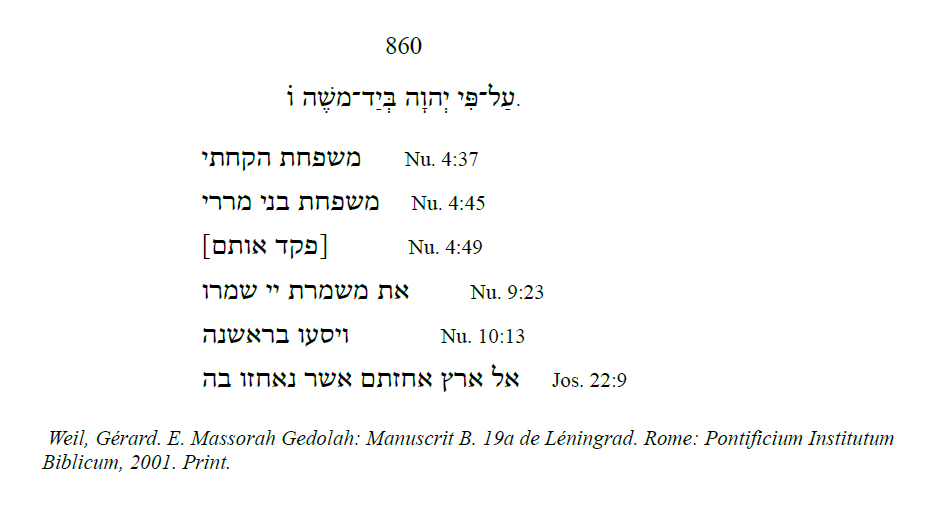Question: In Exodus chapter 3 What does borrowing from one’s neighbor have to do with spoiling or plundering of the Egyptians?
But every woman shall borrow of her neighbour, and of her that sojourneth in her house, jewels of silver, and jewels of gold, and raiment: and ye shall put them upon your sons, and upon your daughters; and ye shall spoil the Egyptians (Exodus 3:22).
KJV (public domain in the U.S.A)
The KJV curiously translates וְשָׁאֲלָ֨ה אִשָּׁ֤ה as ” but every woman shall borrow” yet the verb שׁאל means to ask or to make a request of someone and in this case of ‘her neighbor’. I suppose “borrow” and “ask are close enough if the KJV is producing a ‘dynamic equivalent’ translation and that may very well be the case if the KJV is actually presenting an original translation. But, now who is this “neighbor”? From the context, it seems that this neighbor is not another Hebrew, but is rather the Egyptians who appear immediately before in this pericope in verse 21 who are by providence now favorably disposed toward the Hebrews. This makes it highly unlikely or at least odd that Hebrew women are now plundering the particular Egyptians who are willingly helping them. And, interestingly נָצַל (natzal) the lexeme that KJV translates here as ‘spoil’ elsewhere means to deliver or to save( for example see Exodus 6:6, 18:4, 18:8, Numbers 35:25, Joshua 2:13, 9:26, and 24:19). Concerning the meaning of נָצַל Dr. J. H. Hertz comments that:
its direct object is never the person or the thing from whom the saving or the rescuing or snatching has taken place, but always the person or thing being rescued… “ye shall spoil the Egyptians,” is, therefore, unwarranted, for two reasons. it takes the persons from whom things are snatched as the direct object; and furthermore, it necessitates an entire reversal of the meaning נָצַל from save into despoil!
Hertz, J.H., 2nd ed.The Pentateuch and Haftorahs. London: Soncino press, 1981
Okay, so why did the KJV translators render Exodus 3:22 the way they did? Was it an original translation or was it something else? Since the KJV was hardly the first English translation available a number of other translations had already started a tradition. In 1384 John Wycliffe’s translation read “nakid” amd later number of Bible translations like Matthew Bible (1537), The Great Bible (1539), The Bishops Bible (1568) agree at the following reading “and shall robbe the Egyptians”. At first sight, this might appear to be where the KJV is getting its translation from however if you check the coverdale bible 1535, Geneva Bible of 1560, Douay Rheims Bible (1582) you will find that it reads thus:
“and shall spoyle the Egyptians/Egypt.” which is the same as the modernized spelling KJV (1611) ‘s ‘spoil’ .
So, back to the question In Exodus chapter 3 What does borrowing from one’s neighbor have to do with spoiling or plundering of the Egyptians?
Answer: nothing at all, the KJV mistranslation is borrowed from older English Bible translations most notably the Coverdale translation of the OT that was based much more on the latin Vulgate and German translations than on the Masoretic text of the Hebrew Bible.




